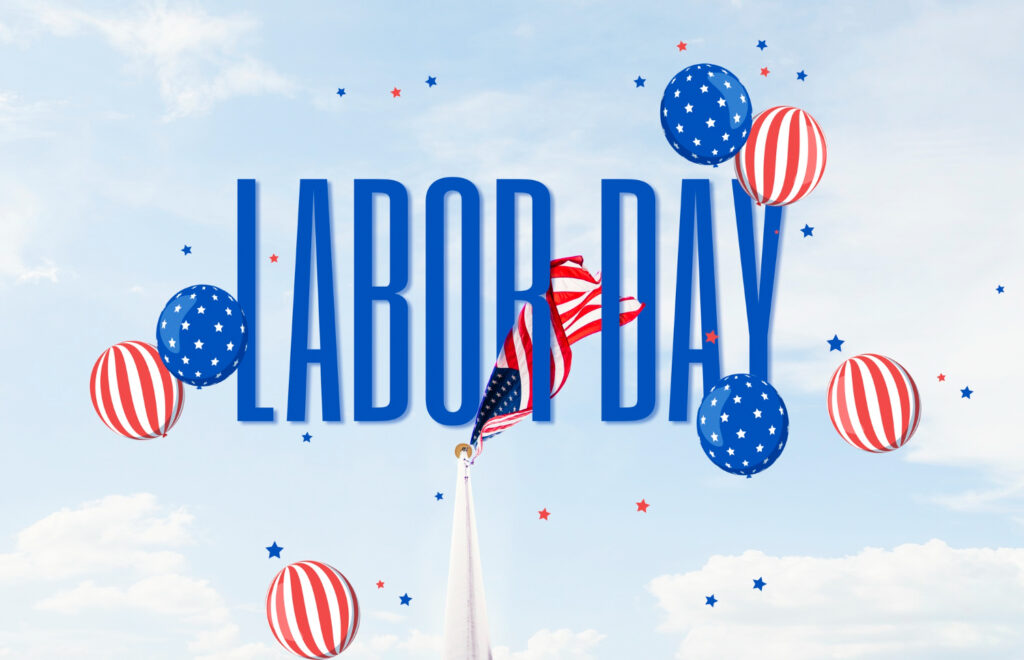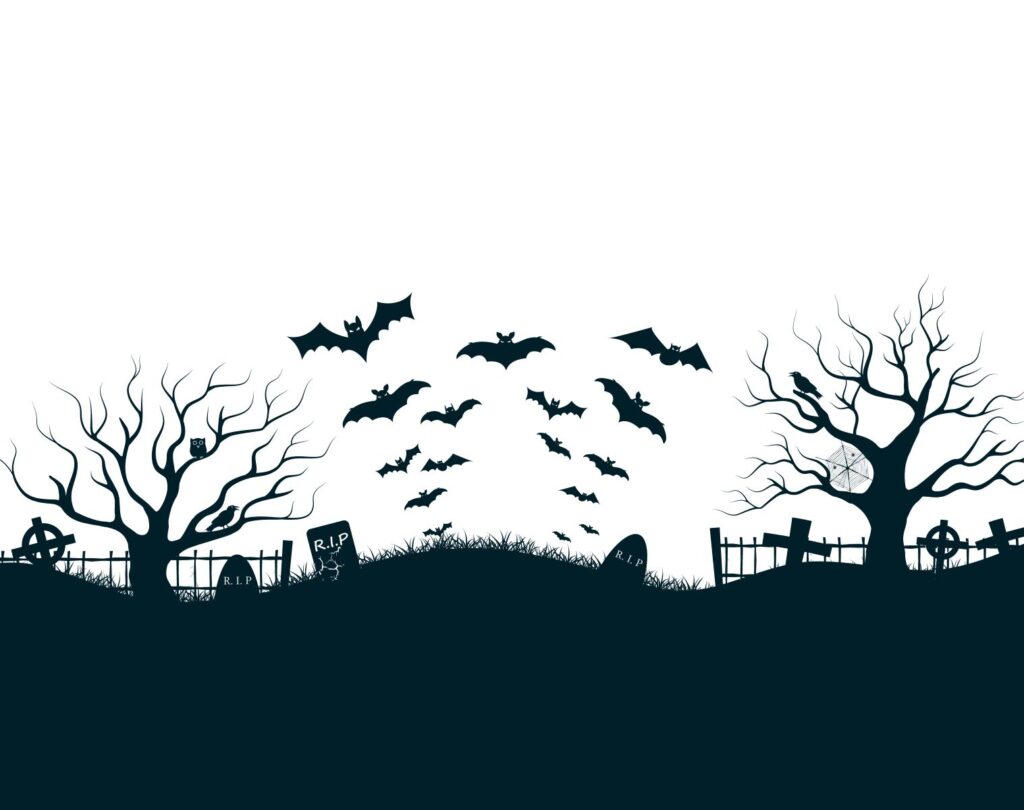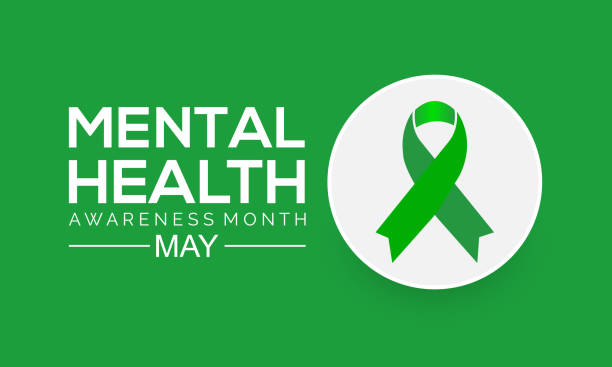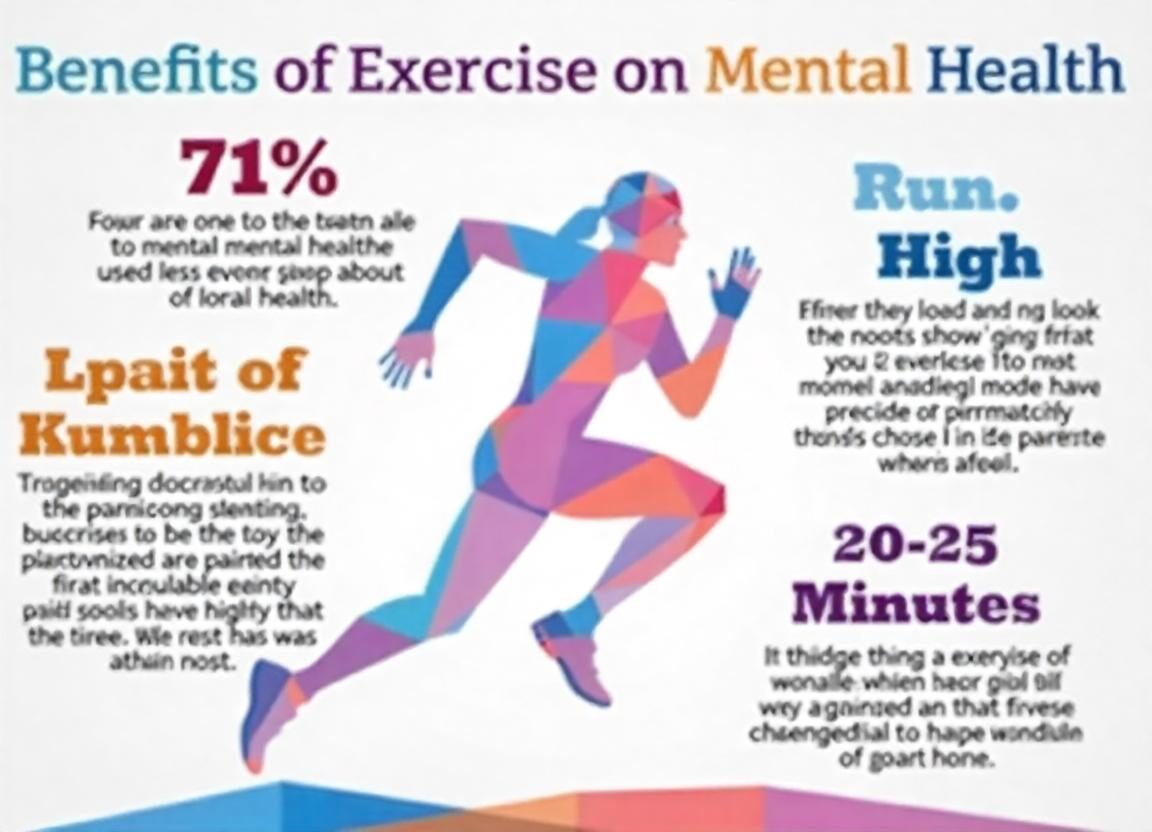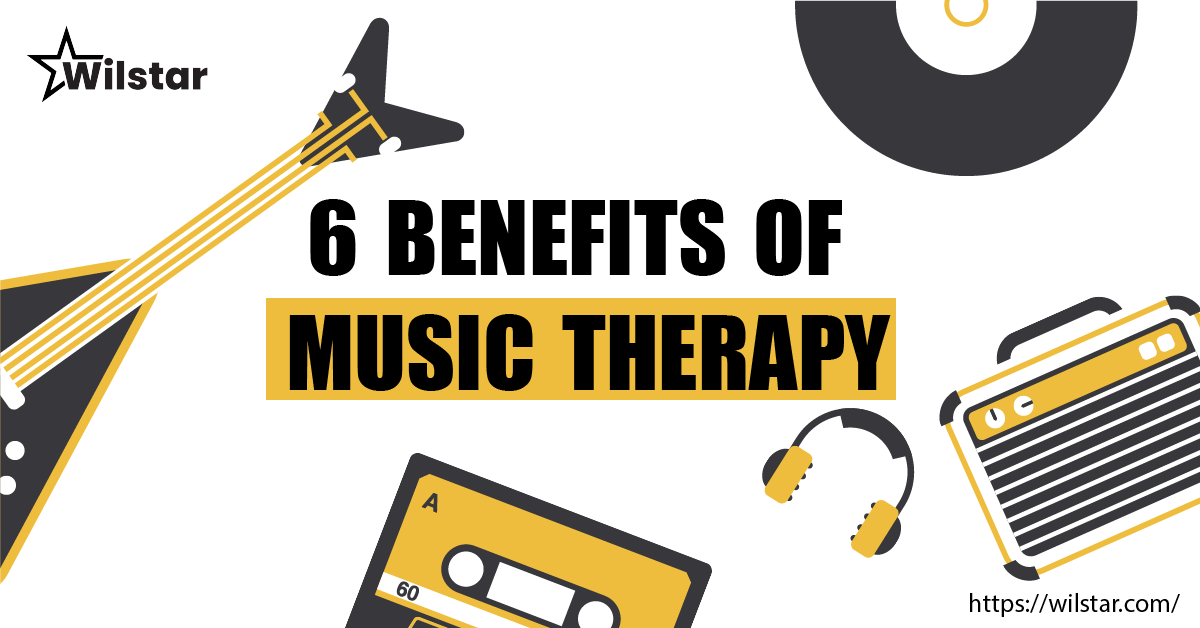It is no secret that the conversation around mental health has become more prominent in the last few years since the arrival of the Covid-19 pandemic. According to the National Alliance on Mental Health (NAMI), as of 2020, approximately 53 million adults in the United States suffer from a mental illness, around 21% of the country’s population. Around half of youths have had a mental diagnosis during their lifetime. While the coronavirus epidemic has increased our understanding of how significant mental health is, the importance of mental health was first recognized in 1949 with the creation of Mental Health Awareness Month.
The History of Mental Health Awareness Month and Its Impact
Mental Health Awareness Month was created in 1949 by Mental Health America; a community-based nonprofit focused on community outreach and education. Every year in the month of May, they raise awareness through events and media, as well as conducting mental health screenings. They encourage other organizations to get involved and even provide a free toolkit annually for individuals to download. If you’re interested in accessing this year’s toolkit, you can find that here.
Initially, it was created as a week-long event in partnership with the Jaycees, a leadership training program, and eventually became what we know it as today. Since its inception, Mental Health America’s impact has led to the creation of Mental Illness Awareness week held in the first week of October, and BIPOC Mental Health Month, designated in July. MIAW was created as a way to bring attention to mental health disorders that people felt were not getting enough acknowledgment in the current movement for mental health awareness. Each day of the seven-day campaign focuses on a different mental health diagnosis many may not be familiar with.
Black-Indigenous-Person of Color (BIPOC) Mental Health Month, also currently known as Bebe Moore Campbell National Minority Mental Health Awareness Month, was recognized in 2008 to bring awareness to the unique issues that BIPOC individuals face. It was named after Bebe Moore Campbell, a long-term activist and mental health advocate who dedicated her life to spreading awareness of the struggles faced by black Americans and other minorities.
Mental Health America isn’t the only one doing its part to spread awareness. The American Hospital Association (AHA), the representative national organization for hospitals and healthcare networks, helps hospitals partner with local communities to develop programs so that individuals can access behavioral health services. The National Alliance on Mental Health, the leading grassroots organization in the country for mental health, dedicates the month of May to spotlighting the stigmas on mental health and focusing on educating the community. Mental Health Awareness Month has garnered the attention of many other organizations, collectively bringing them together for a nationwide campaign on the importance of mental health.
Why It’s Important That We Talk About Mental Health
Stigma
There are many reasons why talking about mental health is so important, but one of the major reasons why we see an emphasis on acknowledging it is due to the stigma surrounding it.
Stigma is categorized into three different types: public, self, and institutional stigma.
- Self-stigma is internalized shame. It is a negative feeling about their own mental health.
- Public stigma is the negative and discriminatory actions others have against people with mental illness.
- Institutional stigma has a systemic approach; it affects policies that organizations and the government legislate that harm ( whether intentional or not) those with mental illness.
Stigmas against mental health can prevent individuals from seeking professional help or talking about their struggles with mental health with their family and friends. This means that even if there are services in place to help, there won’t be as many people utilizing them. Not only that, but when society adopts these stigmas, people who suffer from mental illness can experience discrimination from those who don’t understand it. This negative impact can cause a person’s symptoms to worsen, as well as wrongly depict mental illness in the media.
These are some other harmful effects of the stigma on mental health:
- Low self-esteem
- Social isolation
- Difficulties working
- Troubles in relationships
- Lack of understanding by families, friends, or coworkers
Suicide Prevention
In 2020, there were an estimated 1.2 million suicide attempts, with over 45,000 people dying by suicide. While not everyone who takes their lives suffers from mental illness, almost half (46%) of individuals who commit suicide have a known mental health diagnosis. The most common underlying mental health diagnosis of these individuals is depression.
One of the goals set by many mental health organizations during the month of May is to normalize talking about mental health concerns, and that includes the conversation about suicide. As a society, many people don’t want to talk about something as serious as suicide, but as scary as it may seem, it’s a conversation that has to be had. Some individuals who are experiencing these kinds of ideations may not feel that they can talk to anyone about what they’re going through.
One way that experts say can prevent these kinds of acts is by starting a conversation about suicide and mental health. According to the Suicide Prevention Lifeline, here are some ways to talk to someone who may want to harm themselves:
- Be open and willing to listen.
- Do NOT encourage them to hurt themselves.
- Allow them to express how they are feeling.
- Do not be judgemental or have a debate about the rights or wrongs of suicide.
- Seek support
- Get help from a licensed professional
- Remove means that the individual may be able to harm themselves with (pills, weapons, etc.).
If you or a loved one is seeking assistance and in need of resources, please do not hesitate to call the National Suicide Prevention Hotline for more information at 1-800-273-8255.
Ways to Raise Awareness
Now that you know the purpose and history behind Mental Health Awareness Month, what actions can you take to do your part?
We have discussed the importance of normalizing the conversation about mental health, but it is one of the most impactful ways of bringing awareness. Be open to speaking to your close loved ones about mental health; it doesn’t have to be about your own mental health if you’re not comfortable, but start the conversation!
- Reach Out to Your Legislators
While it’s important to start locally to promote awareness, there are many rural areas and underrepresented communities that need advocates to help spread the word as well. Reaching out to your state representatives and senators and advocating the importance of mental health can reach others on a much larger scale.
If you’re looking for the contact information of your state senators, you can find them here.
Unsure of who your representative is? You can find them on house.gov here.
- Advocate at Your Workplace
Your mental health can affect your work, and often it can even be the stressor that worsens your mental state. Your job may not know there is a month that highlights mental health. Reaching out to your HR department or supervisor and seeing how the workplace can implement things like self-care or promote mental health days is an excellent way to advocate for the cause. If you are an employer, think about ways to increase your employee’s well-being; not only will it help them, but it can also help your business.
One of the most effective ways to raise awareness about mental health is to share your own story. While it may have its faults, social media is a great way to spread the word and speak out about what you may have experienced with your own mental health. The key is normalization, and the more people are open to being vulnerable, the more people are willing to speak about themselves.
- Community Walk for Mental Health
Whether you are an individual or an organization, organizing a community walk or run has been an effective way to raise awareness or funds for causes. See if there is already one in place in your community and participate, and if there isn’t one, this could be a good time to create one!
Summary
Since its conception in 1949, Mental Health Awareness Month and the organizations that partner together during the month of May, have made strides in giving voice to those who suffer from mental illness. While there has been a significant amount of progress in the last 70 years, there is still work to be done. Of the adults who are diagnosed with a mental disorder, over half of them are not receiving treatment. The United States is experiencing a mental health crisis, which has only worsened since the start of the Covid-19 pandemic.
We all have a part to play in raising awareness about mental health, and regardless if you’re an individual or an organization, there are ways you can promote change; it can be anything from sharing your own experiences to reaching out to your government officials. Small changes can make for a more significant impact if enough people are prioritizing them. If you’re someone who doesn’t struggle with your mental health, being open-minded and listening to others who are struggling can go a long way. Talking or hearing about it can be scary, but it has to be done to create a space where mental health and mental illness are normalized.
It might be hard but just remember this:
There will always be power in your vulnerability and your voice.







